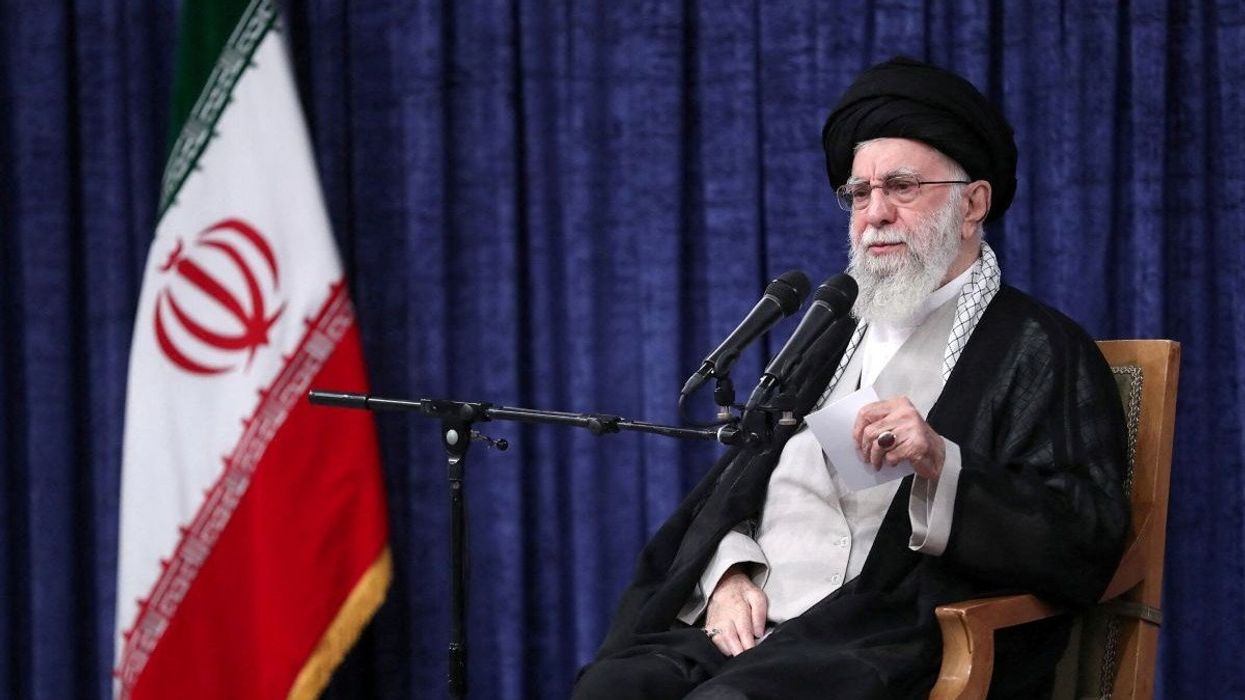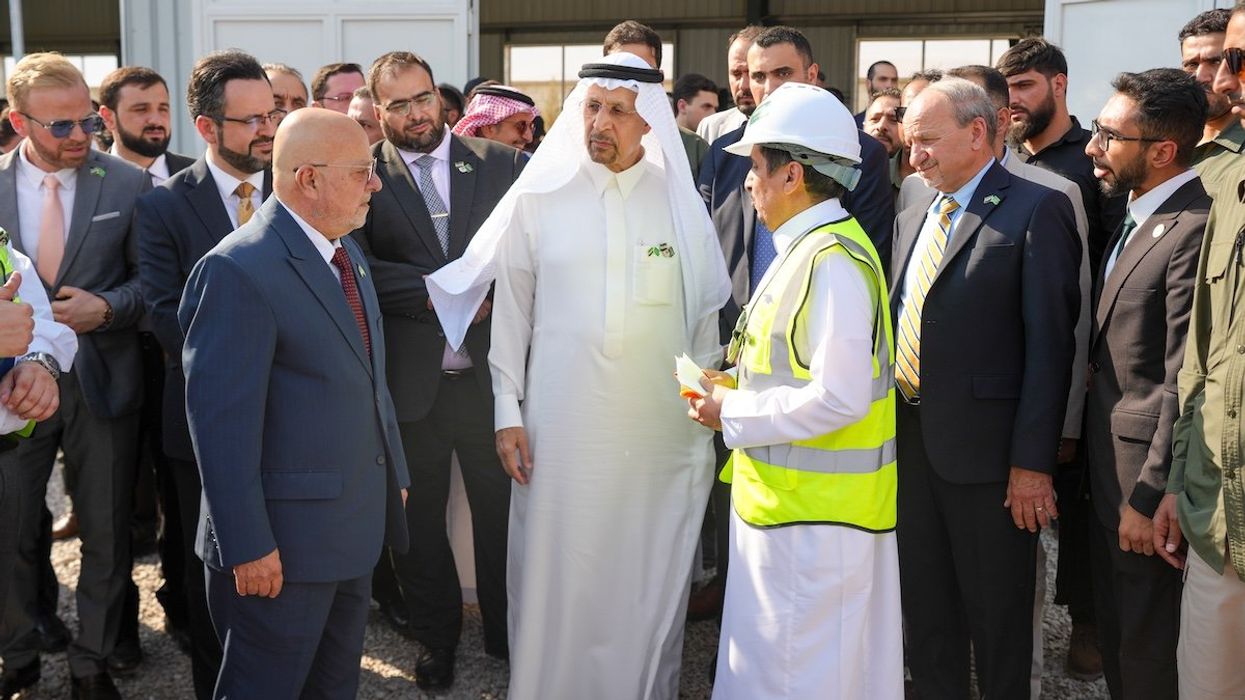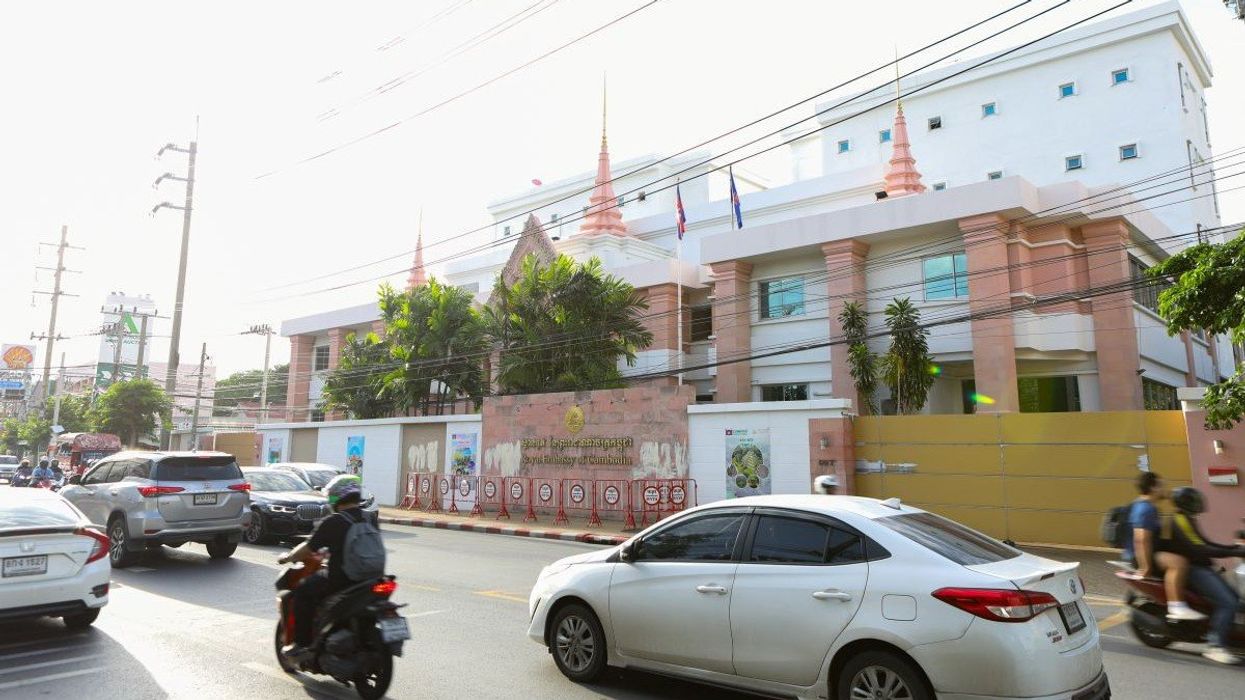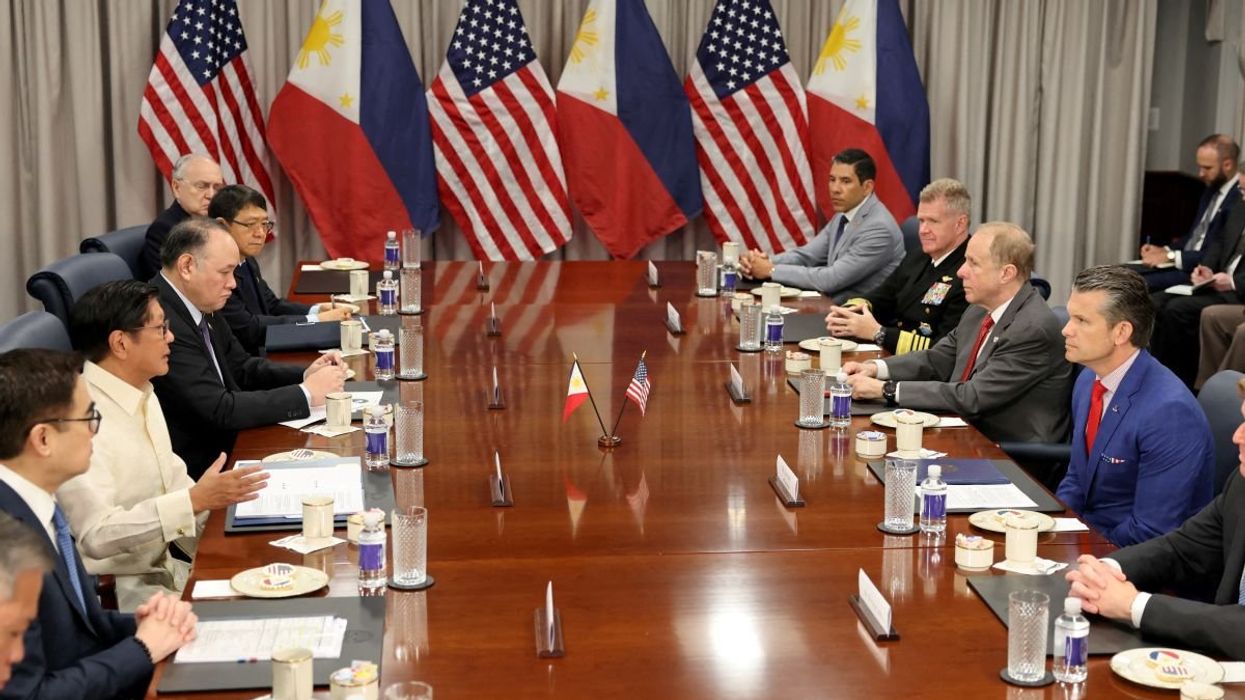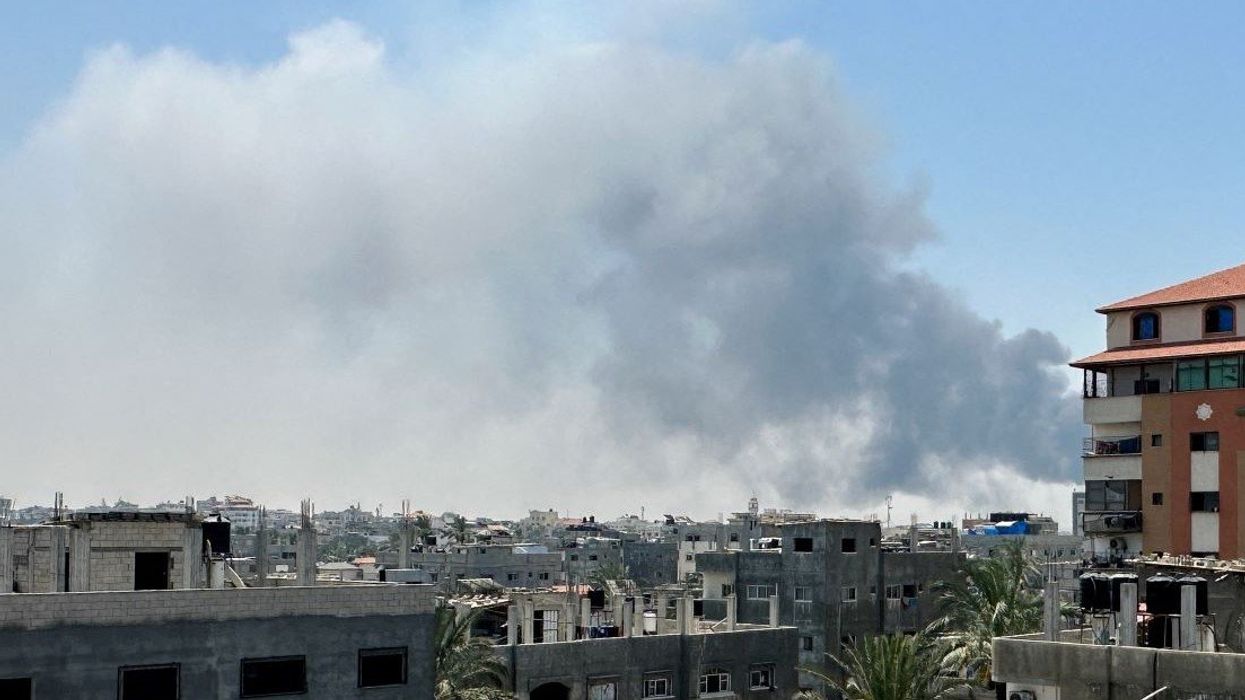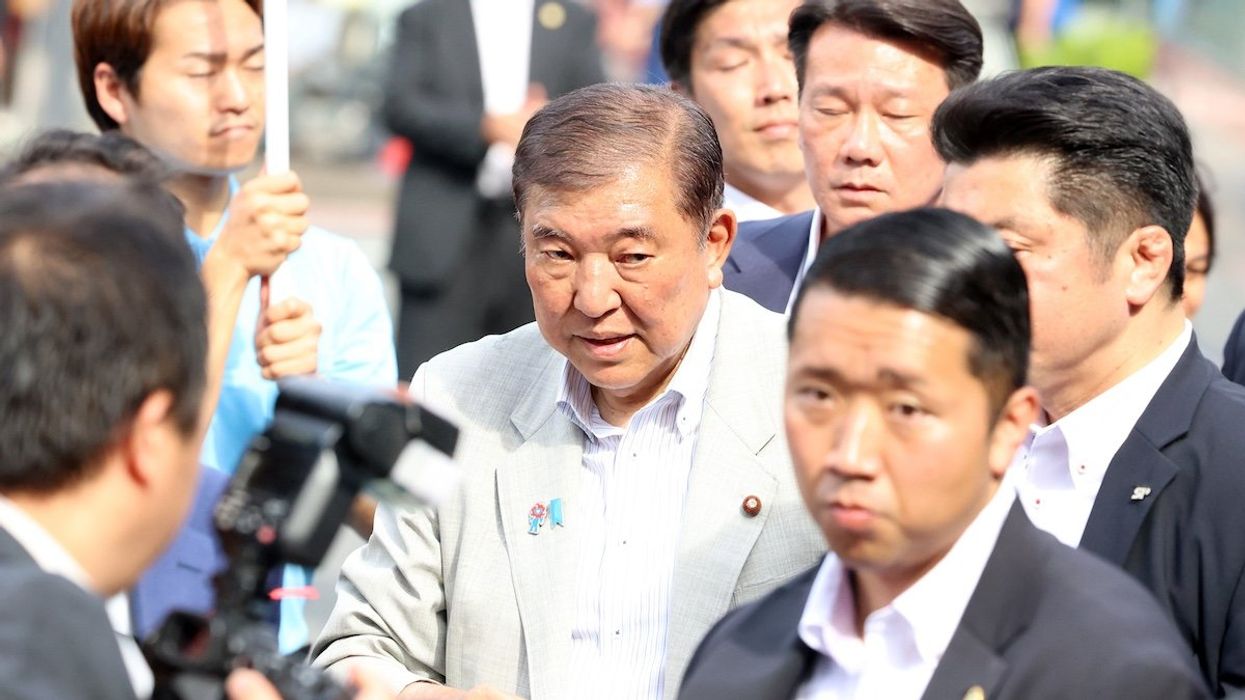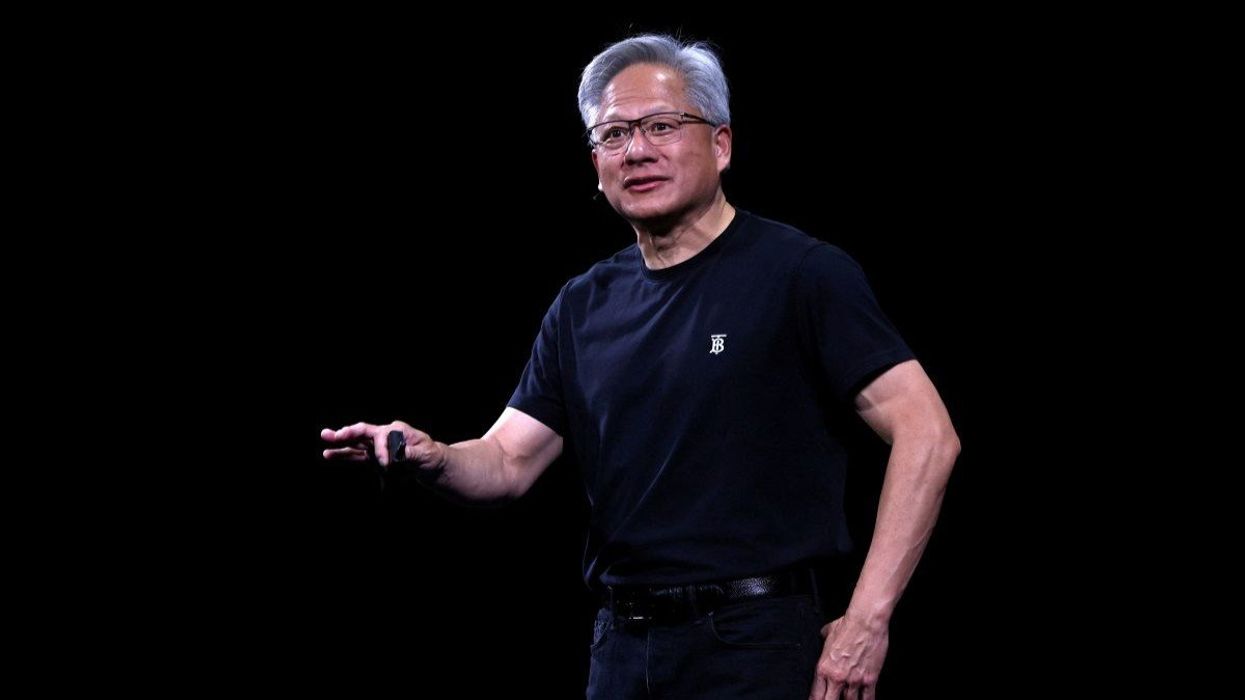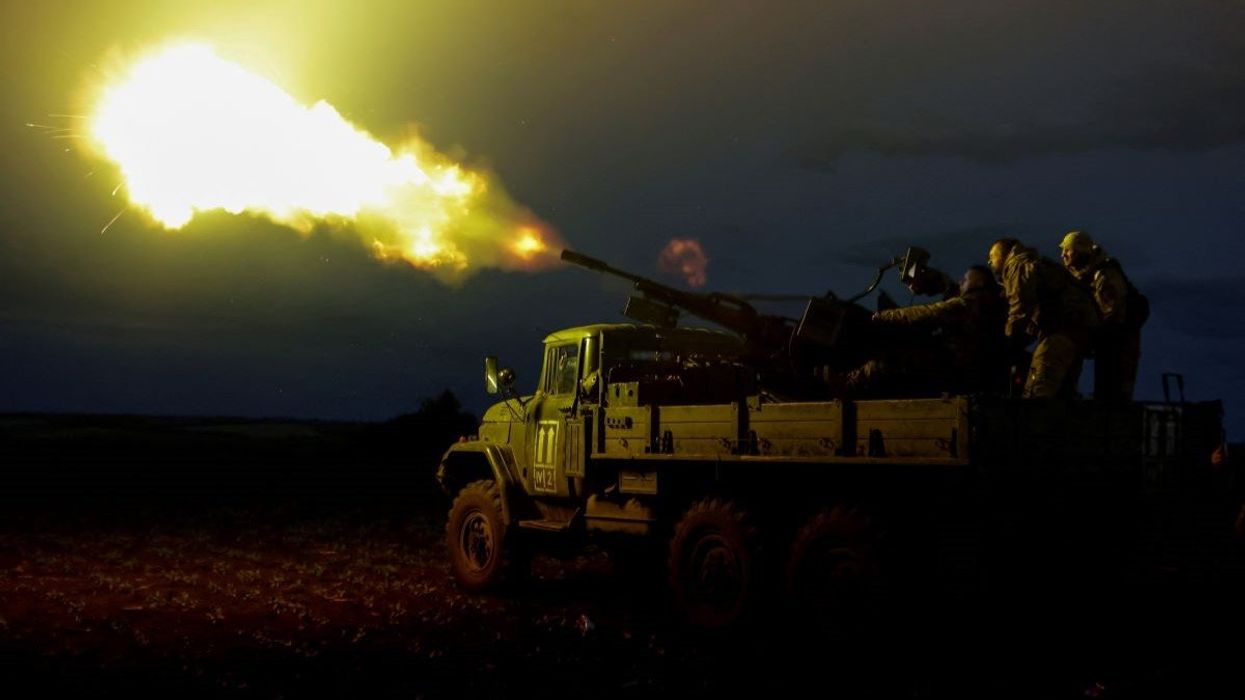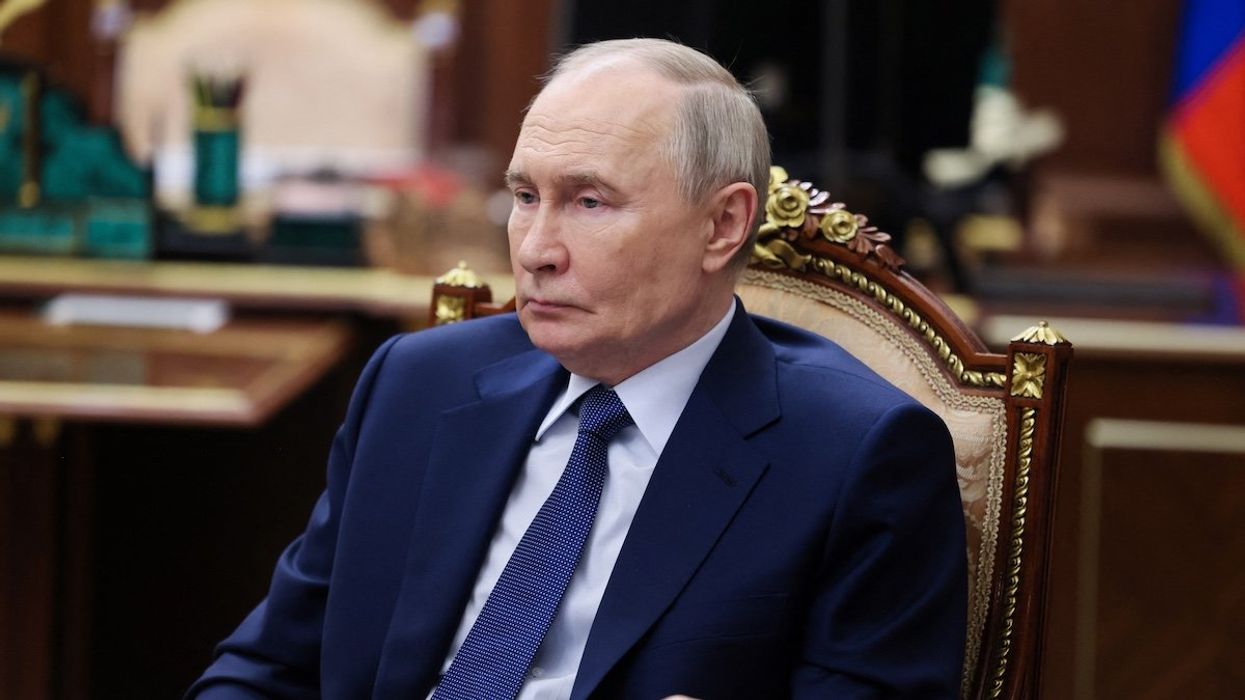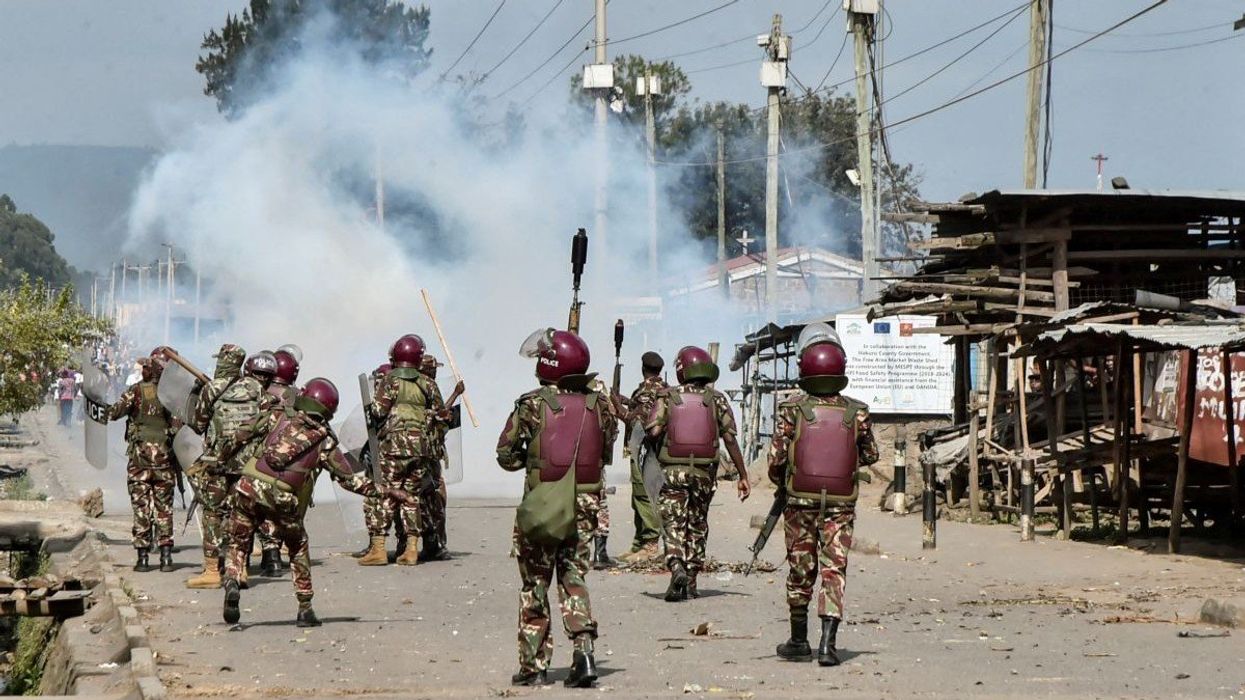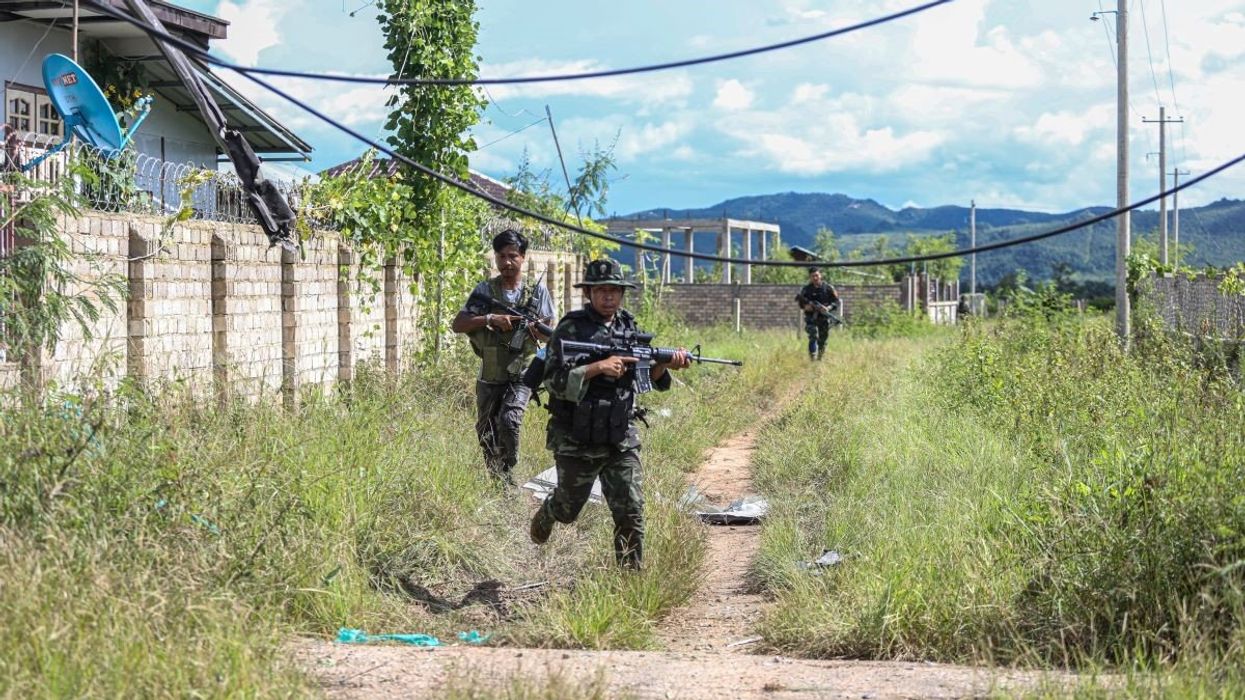VIDEOSGZERO World with Ian BremmerQuick TakePUPPET REGIMEIan ExplainsGZERO ReportsAsk IanGlobal Stage
Site Navigation
Search
Human content,
AI powered search.
Latest Stories
Sign up for GZERO Daily.
Get our latest updates and insights delivered to your inbox.
Global Stage: Live from Davos
WATCH
Willis Sparks
Senior Writer
Willis Sparks is a senior editor for GZERO Daily. He is also a Director in the Global Macro practice at Eurasia Group, where he has worked since 2005. He has made speeches on international politics on every continent except Antarctica. Willis holds degrees from Brown University, the Juilliard School, Columbia University's School of International and Public Affairs, and the Institut d'Etudes Politiques in Paris. He also holds an honorary degree from the Moscow Art Theatre School. A native of Macon, Georgia, Willis has worked as a stuntman at New York's Metropolitan Opera. As a child, he declined an opportunity to spend an afternoon riding the Great American Scream Machine, a rollercoaster, with Ronald McDonald, for money. He has never regretted that decision.
Fields of expertise
Geopolitics
Education
Brown, Juilliard, Columbia, Sciences Po Paris

